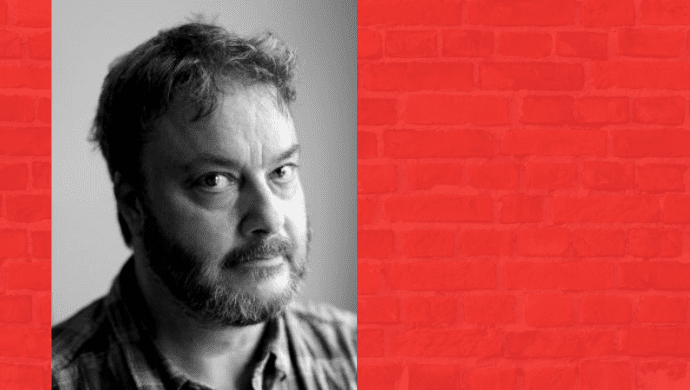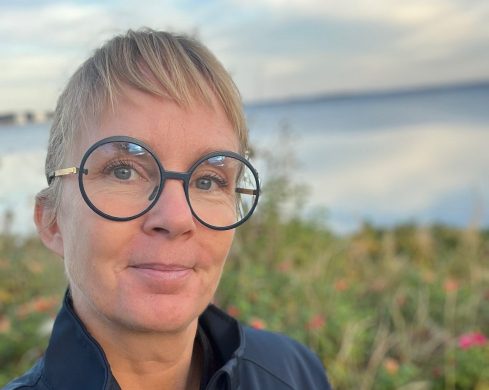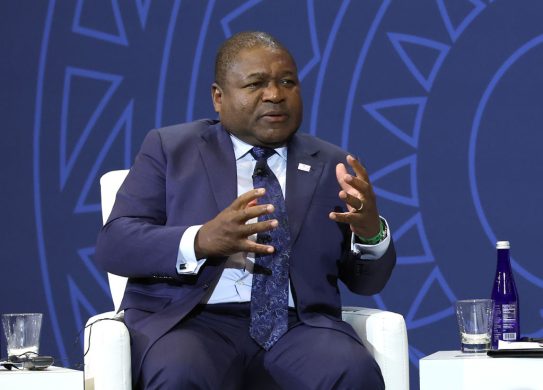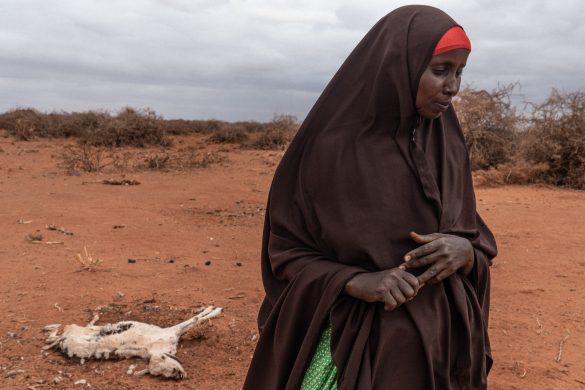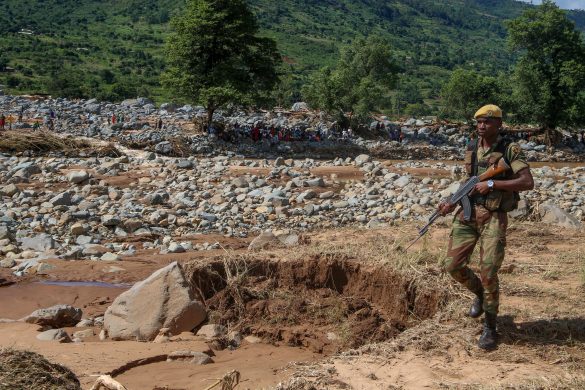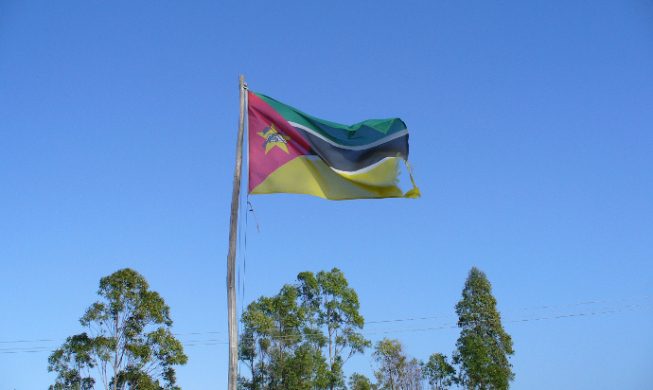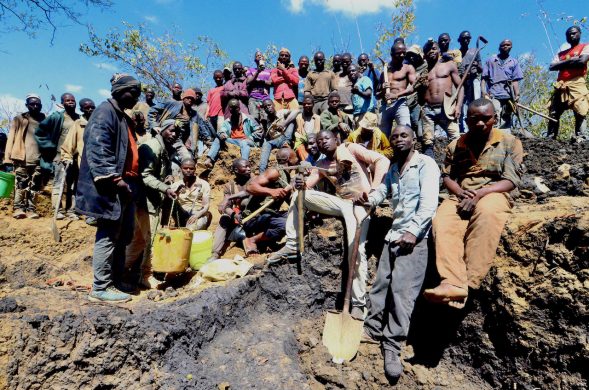Den danske virksomhed vil via et lokalt datterselskab producere og sælge ethanolbrændstof til kogeplader. Det skal mindste afskovningen og forureningen fra afbrænding af trækul.
New York/Maputo, 04 April 2013 (UNDP): Some 400,000 residents of Mozambique will gain access to clean, locally produced cooking fuel following a commitment by Danish company Novozymes to the Business Call to Action (BCtA).
This new venture will also save thousands of acres of forest in the south-east African country.
Novozymes is pioneering CleanStar Mozambique – an integrated food, alternative energy, and forest protection business focused on addressing the interconnected spiral of poverty, biodiversity loss, and the impact on primary health and well-being that exists across much of rural Africa.
“Investments that address climate change”
“Novozymes’ commitment to the Business Call to Action demonstrates an inclusive business model with investments that address climate change made along the entire value chain,” said Sahba Sobhani, BCtA Acting Programme Manager. “It shifts consumer preferences towards a safer and healthier energy source, while addressing deforestation, food security and sustainable livelihoods.”
BCtA is a global initiative supported by the UN Development Programme (UNDP) and other international organizations that encourages companies to fight poverty through innovative business models.
Wood and its derivative, charcoal, remain the primary energy source for most Africans, despite growing concern about its long-term implications. The continent has already lost one-third of its forests to charcoal production.
According to the UN World Health Organization (WHO), smoke produced by cooking with charcoal and wood contributes to 2 million deaths annually worldwide as well as chronic respiratory illnesses that affect mainly women and children.
80 percent using charcoal
In Mozambique, 80 percent of urban households rely on charcoal for cooking. In addition to the significant health and environmental consequences of using charcoal, its rising price also creates an additional financial burden.
By 2014, CleanStar Mozambique expects to provide farmers with an income-generating alternative to charcoal production, while restoring degraded soil and improving biodiversity. The company projects this effort will save 9,000 acres of forest annually, with 2,000 low-income farmers growing a range of trees and crops on their land.
This agroforestry system will allow farmers to eventually triple their incomes by selling to the company crops they do not consume themselves. Using enzyme technology from Novozymes, CleanStar’s facility will process surplus cassava into 2 million litres (530,000 gallons) of ethanol-based cooking fuel annually, which will be sold in Mozambique’s capital, Maputo, along with clean cookstoves.
The company will process legumes and grains into fortified flour, animal feed, cooking oil and other packaged products to be sold domestically.
80,000 stoves
The company expects to sell 80,000 clean cookstoves tailored to local preferences and forecasts an annual reduction of 320,000 tonnes of greenhouse gas, as consumers replace charcoal fuel with ethanol.
According to the company, this safer, affordable cooking solution empowers working women from urban households to lead healthier, more productive lives.
“Sustainable biofuels have the potential not only to help solve critical energy needs but also to spark wider positive changes in developing societies,” Novozymes Executive Vice President Thomas Nagy said. “We see this venture as a great example of what we call the bio-based economy—of how sustainable agriculture together with biotech solutions can meet the needs of people around the world.”
Sub-Saharan urban household energy is a rapidly growing, multi-billion dollar market. Several investors have joined the venture, including Bank of America Merrill Lynch, Soros Economic Development Fund, and IFU, the Danish Fund for Industrializing Countries. CleanStar Mozambique aims to become profitable by 2014, providing proof-of-concept to enable scale-up and replication in other markets.
Business Call to Action is a global initiative that challenges companies to develop inclusive business models that offer the potential for development impact along with commercial success. The initiative is the result of a partnership between the Australian Agency for International Development, the Dutch Ministry of Foreign Affairs, the Swedish International Development Cooperation Agency, UK Department for International Development, US Agency for International Development, UN Development Programme, the UN Global Compact, the Clinton Global Initiative, and the International Business Leaders Forum to meet the Millennium Development Goals by 2015. Companies report on progress toward commitments on an annual basis.





